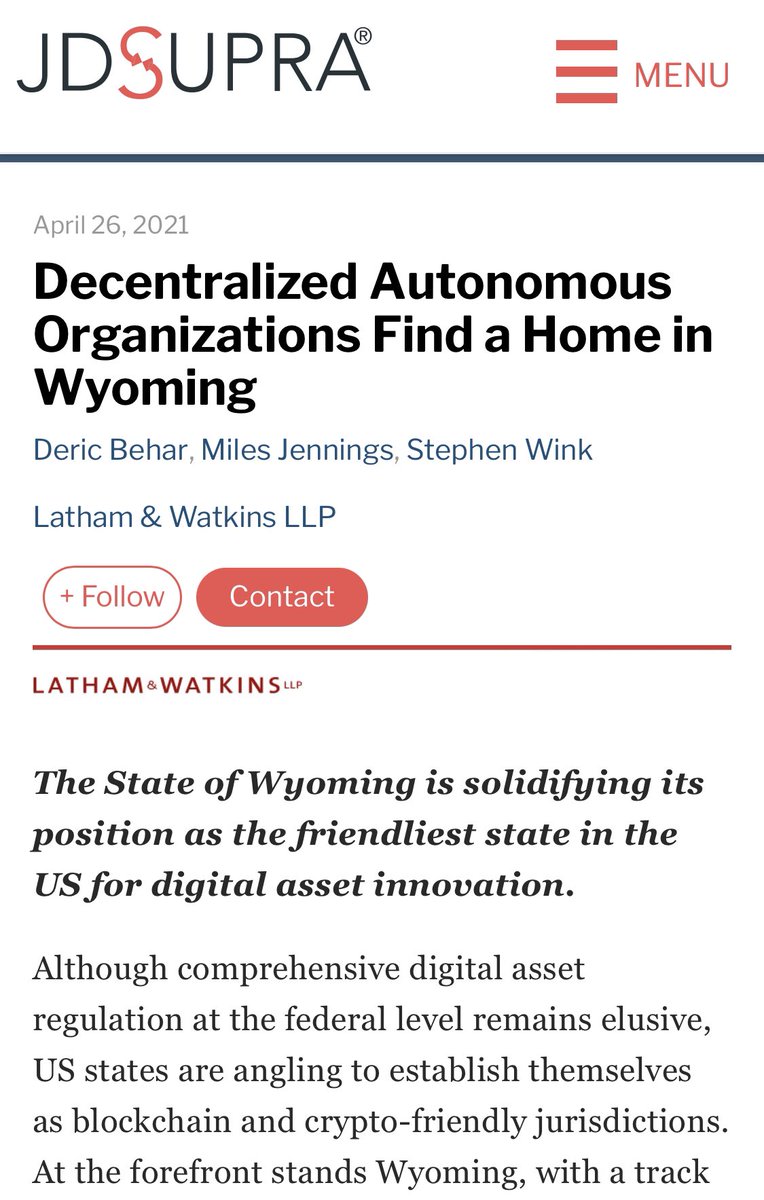
The El Salvador experiment will be interesting to watch.
My hunch is that scaling will be “solved” by de facto custodial wallets with peering agreements and infrequent L1 events.
But so long as redemption is feasible, this is like a digital-gold-backed digital currency.
My hunch is that scaling will be “solved” by de facto custodial wallets with peering agreements and infrequent L1 events.
But so long as redemption is feasible, this is like a digital-gold-backed digital currency.
https://twitter.com/elidourado/status/1402454807315632130
Here’s one scenario for the logistics:
N custodial wallets are hubs and the M citizens are spokes.
If a user of wallet 1 sends a transaction to a user of wallet 2, then the transfer looks instant on their screens.
Bulk settlement happens later on-chain between wallet 1 and 2.
N custodial wallets are hubs and the M citizens are spokes.
If a user of wallet 1 sends a transaction to a user of wallet 2, then the transfer looks instant on their screens.
Bulk settlement happens later on-chain between wallet 1 and 2.
Let’s say there are N=10 popular custodial wallets & they all do bulk settlement with each other every 24 hours. That’s N*(N-1)/2 = 45 pairwise on-chain Bitcoin L1 transactions per day, which is feasible.
Also, add in N daily on-chain transactions with the state’s Bitcoin fund.
Also, add in N daily on-chain transactions with the state’s Bitcoin fund.
Now, this sounds pretty centralized!
But it’s a step forward over the previous system because the BTC backend is more transparent, programmable, and international than what preceded it.
For example, anyone can set up a wallet, view on-chain transactions, and confirm reserves.
But it’s a step forward over the previous system because the BTC backend is more transparent, programmable, and international than what preceded it.
For example, anyone can set up a wallet, view on-chain transactions, and confirm reserves.
The system described is also similar to how existing US payment systems work (glenbrook.com/wp-content/upl…).
So from a payments perspective at least the wheel may be reinvented — in the short run.
But let’s not forget the stable monetary policy of the Bitcoin backend, which is key.
So from a payments perspective at least the wheel may be reinvented — in the short run.
But let’s not forget the stable monetary policy of the Bitcoin backend, which is key.

More logistical details to consider.
1) Education: need excellent Spanish language materials.
2) Exchange: the state’s central “trust fund” needs to market make BTC liquidity so that anyone can sell (or buy) at any time. Like the new gold window, this handles redemptions.
1) Education: need excellent Spanish language materials.
2) Exchange: the state’s central “trust fund” needs to market make BTC liquidity so that anyone can sell (or buy) at any time. Like the new gold window, this handles redemptions.
3) Custody: if these are mostly custodial wallets, this may not be as pressing, but will need infra here.
4) Portfolio: everyone in El Salvador will need to figure out how much of their net worth to hold in BTC, based on their risk tolerance, balance sheet, price forecast, etc.
4) Portfolio: everyone in El Salvador will need to figure out how much of their net worth to hold in BTC, based on their risk tolerance, balance sheet, price forecast, etc.
5) Security: need attention here for each custodial wallet & especially the state’s central Bitcoin trust fund. Cold storage, Faraday cage, can’t be too paranoid.
6) Fees: I’ve seen $400/month in income for El Salvadorans. With BTC fees at $4-40, on-chain txs are very expensive.
6) Fees: I’ve seen $400/month in income for El Salvadorans. With BTC fees at $4-40, on-chain txs are very expensive.
My general feeling is that every theoretical debate we’ve had in crypto over the last 10 years will get put to the test immediately over the next months and years in El Salvador.
It reminds me of the trial-by-fire that was the 2016 Indian demonetization. tigerfeathers.substack.com/p/the-internet…
It reminds me of the trial-by-fire that was the 2016 Indian demonetization. tigerfeathers.substack.com/p/the-internet…
• • •
Missing some Tweet in this thread? You can try to
force a refresh








